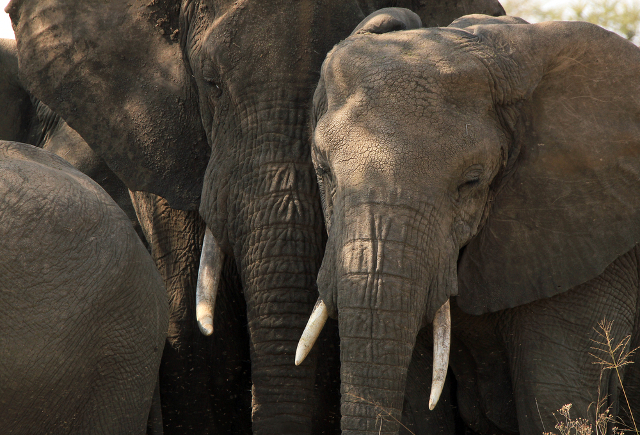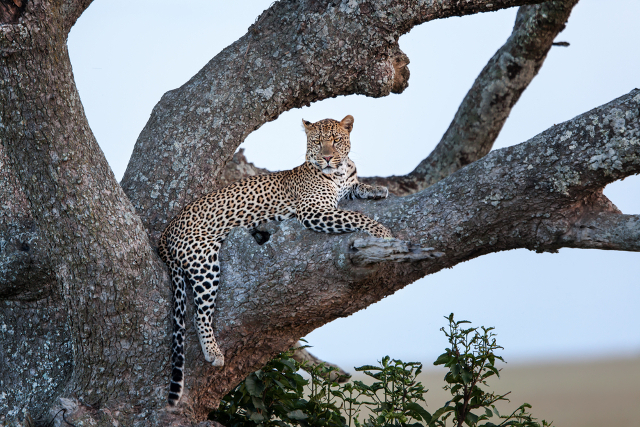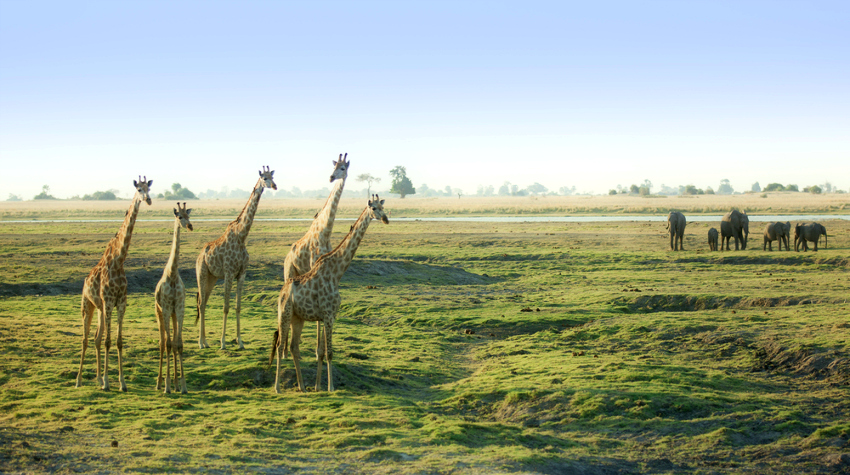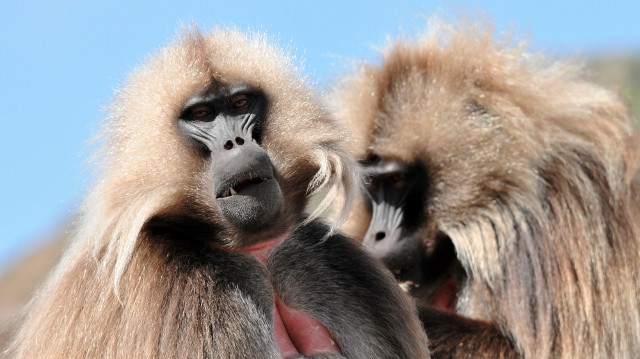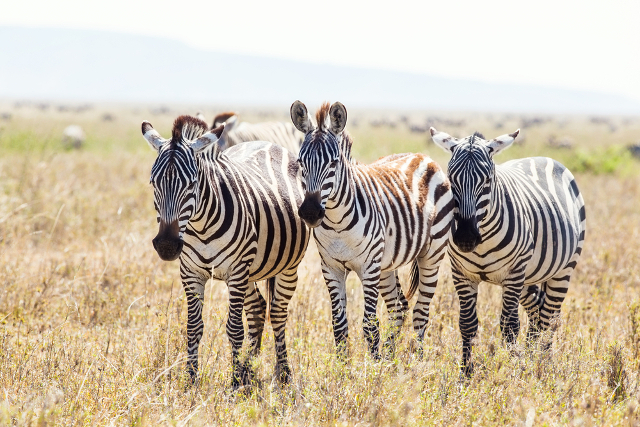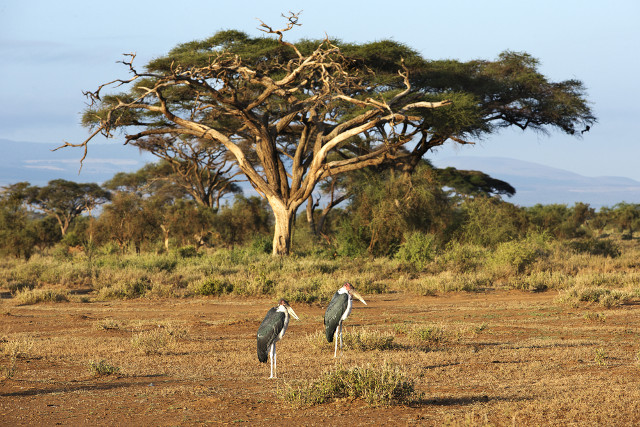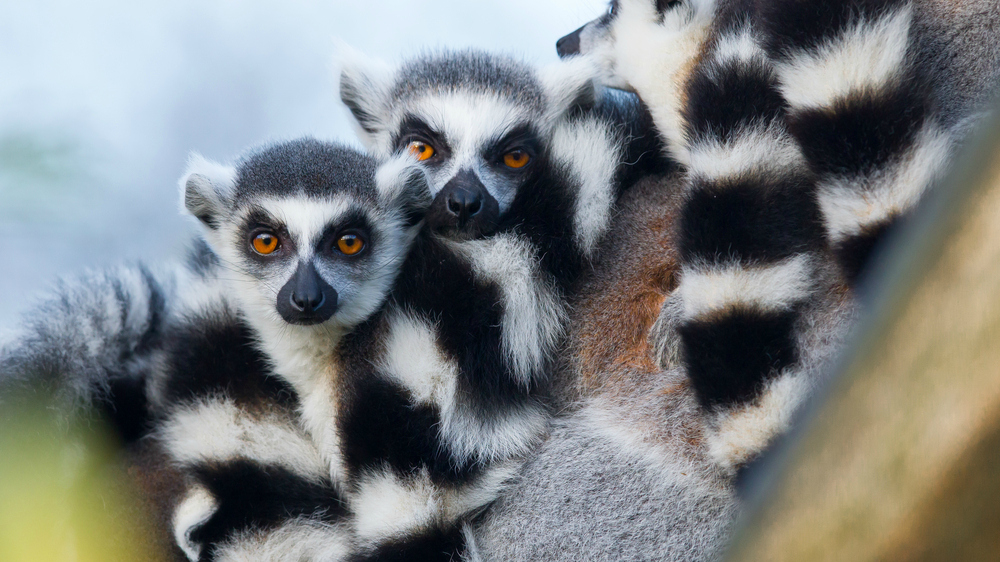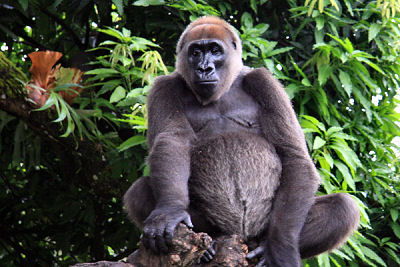Ecotourism is one of the fastest growing sectors of the tourism industry in Africa. Visitors show their appreciation for the continent’s natural beauty while embracing environmentally friendly approaches to travel by flocking to the eco-lodges and eco-attractions by the thousands. Ecotourism in Africa is also beneficial to local communities, who have taken advantage of the opportunities afforded by the industry. Here are some of the best ecotourism destinations in Africa and how they benefit both the environment and ordinary Africans.
Sources: EcoTourism.org, AFKTravel.com, EcoTourDirectory.com, WWF.Panda.org, VancouverSun.com, BasecampKenya.com, PermaLodge.org, Frommers.com
This article originally appeared on AFKInsider.com.Benin
Benin has increasingly embraced ecotourism, and organizations such as EcoBenin work throughout the country to help protect its natural assets. EcoBenin tours have a size limit to ensure that resources are not overloaded, and promote carbon-offset projects. Benin has embraced traditional conservation methods, but has developed new, innovative approaches as well. These include non-conventional animal-rearing (rabbits and snails), garden production, and fish cultivation, all of which provide opportunities for local employment.
South Africa
Considered a leader in ecotourism in Africa, South Africa affords numerous opportunities for sustainable lodging, wildlife viewing and touring. The Tswalu Kalahari Reserve, for instance, was created from 38 overgrazed cattle farms. Now the largest privately owned reserve in Southern Africa, it is home to endangered wild dogs, rhinos, and cheetahs. Similarly, Madikwe Game Reserve came into being when more than 10,000 animals were translocated from other parts of the country to rehabbed cattle territory. It now plays host to the first entirely community-owned and operated safari lodge in South Africa.
Kenya
The enormous support for ecotourism in Kenya comes not only from the government and people, but also from companies committed to preserving Kenya’s natural resources and empowering local communities. Basecamp Foundation, for instance, is a nonprofit that works with host communities and partner organizations to set up “sustainable destinations” in Kenya and other developing countries, highlighting the positive effects tourism can have on the natural, social, and economic environment. Ecotourism Kenya is another organization that devotes much of its resources to raising awareness through community outreach, performing extensive research projects, and ensuring leadership opportunities for local community members.
Ethiopia
A prime example of the booming ecotourism industry in Ethiopia can be found in the Strawberry Fields Eco Lodge in the Konso region. Aside from typical services, the lodge also offers cultural immersion programs to allow visitors a glimpse into the lives of the Konso people. All tour activities are led by local Konso people, including an extensive permaculture program that promotes food security and healthy eating habits. Workshops are offered daily to educate visitors about the toll that deforestation and environmental degradation have taken on the local environment, and what can be done to fix it.
Malawi
Malawi is not necessarily known as a tourist hotspot on the continent, but those who do choose to travel there are pleasantly surprised. Many tour operators will take visitors around the country in an eco-friendly fashion. Africa Wild Truck is one of the leading outfitters, and prides itself on benefitting both the natural environment and the local people. Some of the money Africa Wild Truck receives from its tourist patrons is rolled back into nature conservancy projects, or donated to like-minded organizations.
Côte d’Ivoire
Côte d’Ivoire’s chimpanzee population has long been in danger. It is estimated that chimpanzees have experienced a 90% decline in population worldwide over the past 20 years. Tai National Park recently launched an ecotourism campaign to try to revitalize the population, and bring much-needed resources to the animals and their habitat. The program is a product of a partnership between the Ivorian government and Wild Africa’s Wild Chimpanzee Foundation. It aims to educate people about the importance of the chimpanzee, and how humans must alter their behavior to save them and the local forests they inhabit.
Namibia
Namibia was one of the original proponents of ecotourism, and its natural parks and animals have benefited enormously from the country’s commitment. Companies such as Wilderness Safaris have set up eco-lodges using local construction materials and hired locals in labor and managerial positions. They have also committed to transferring total ownership of the lodges and their operations to local communities within 20 years. This type of effort has been considered a success story across the continent — community enrichment helps natural conservation efforts, and gains attention and resources for the company, the community, and Namibian tourism.
Tanzania
Tanzania is one of the most popular ecotourism destinations on the African continent, known for its spectacular wildlife, as well asthe majestic Mount Kilimanjaro. Many companies have set up ecotourism operations to allow visitors to take advantage of Tanzania’s incredible natural bounty, while still respecting the land and the people who live on it. Summit Expeditions and Nomadic Experience, for example, is a member of Leave No Trace, an environmental ethics organization. It operates Kilimanjaro trekking and wildlife safari experiences with a high commitment to preserving the ecology of the land.
Madagascar
Though it inhabits the fourth-largest island in the world, the Malagasy Republic is a small nation by most standards. While many of its national parks are protected, they still face danger from bush fires, slash-and-burn cultivation, illegal wildlife trading, and more. Several ecotourism projects have been set up to try to offset this. In the Tsingy de Bemaraha National Park, for instance, the World Wildlife Foundation has set up small-scale village infrastructure to educate visitors on field trips led by local guides through the park. Ranomafana National Park in the southeast of the country operates in a similar fashion. Visitors must meet up with local guides — mandatory in order to be granted entry.
Cameroon
The Rural Development Centre in Belo, Cameroon, is one of many organizations that combine local empowerment with conservation projects, and a prime example of Cameroon’s commitment to ecotourism. The center operates projects to provide socio-economic opportunities for the underprivileged, including skill sharing and community development work that promote natural conservation. It also provides for unique tourist opportunities in small, rural Cameroonian villages, and is getting funding to continue its important work.
Related content on AFKTravel:
The Rise Of Ecotourism In Kenya
How Wine Tasting Meets Ecotourism In South Africa
6 of Southern Africa’s Best Eco-Lodges
Want to discover the finer side of Africa? Sign up for our weekly newsletter.
